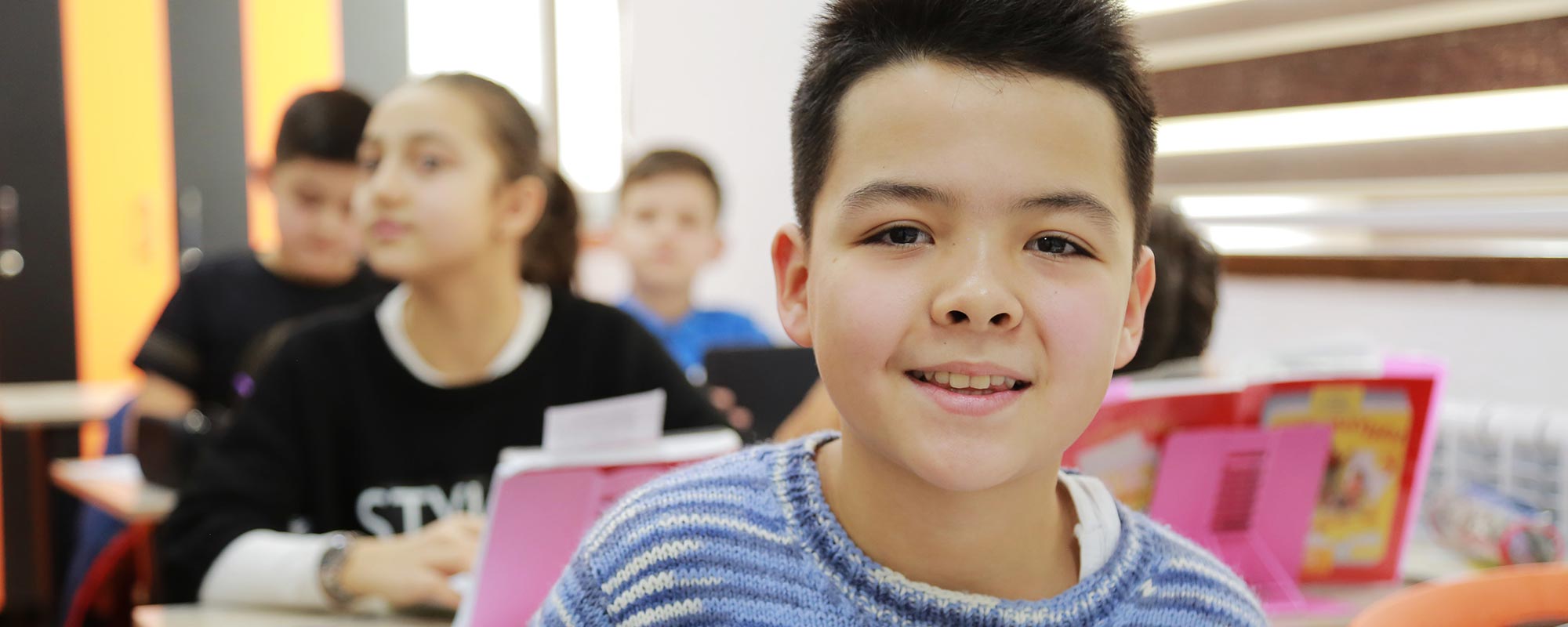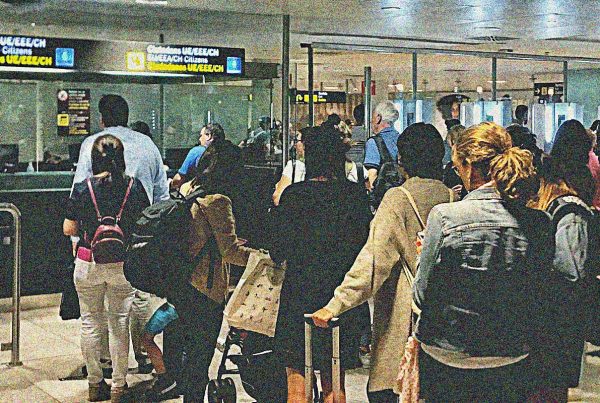November 4, 2020
The COVID-19 pandemic has served to magnify many of the problems that we always knew existed but were easy to sweep under the rug. Prison overcrowding has long been a problem, for example, but it takes on added significance when you add a highly communicable and sometimes fatal disease into the mix. So too has the pandemic amplified many of the problems with our child protection system. There have long been concerns about the disproportionate involvement of child protective services with Indigenous, Black and other racialized families, and the lack of sufficient legal aid resources to assist families caught up in these proceedings. The problems with these systems go deep and deserve to be the subject of careful scrutiny and meaningful discussions. In brief, Ontario’s child protection system is in desperate need of reform.
Children’s aid societies (CAS) exercise significant control over families in the system – and the pandemic put this into sharp relief. In the early weeks and months, children’s aid societies severely restricted parental access to children in care. At one of the most difficult times we have faced, vulnerable children – who normally could at least visit with their parents – were kept from seeing them. In April CCLA wrote to Ministers, government officials and the Chair of the Ontario Association of Children’s Aid Societies raising concerns about blanket policies that were keeping families apart. At that time, we pointed out that these families often weren’t aware of their rights to seek recourse in the courts or didn’t have the resources to pursue that option. Child protection proceedings implicate the Charter rights of both parents and children – although these issues are almost always given little if any attention by our courts.
In Ontario, rather than use a central provincial government agency for child protection, children’s aid societies are local organizations governed by locally elected boards of directors, Indigenous societies and Band Councils. While provincial legislation and regulation dictates the broad framework in which these agencies operate, they have significant autonomy. The Ministry’s response to our April letter makes it clear there is little appetite within government to change how things work. The response largely passed the buck to individual children’s aid societies, with the Minister of Children, Community and Social Services explaining what societies had been “encouraged” to do, but implicitly acknowledging that the government would not be taking any responsibility for ensuring consistency and fairness throughout the system. This is a system that impacts the most vulnerable families and can mean permanent removal of a child from their parents. We must do better.
Not long ago, Ontario’s provincial child protection system was put under a microscope by the Motherisk Commission, which examined the harm caused to families by unreliable hair testing conducted at the Motherisk Lab at the Hospital for Sick Children. Flawed and unreliable science led, in dozens of cases, to children being permanently removed from the care of their parents – a gross miscarriage of justice. As the Commission’s report noted: “The discovery that unreliable test results were used as expert evidence in child protection proceedings for so many years undermines the public’s confidence in the fairness of our justice system, particularly with respect to how it treats vulnerable people.”
CCLA intervened in a recent COVID child protection case in part because our own confidence in the fairness of the system was shaken. The issue in Children’s Aid Society of Toronto v. O.O. was whether parents could continue in-person visits with their infant who was staying with the child’s grandmother while the CAS was investigating if the child was in need of protection. Although the CAS claimed that there was no blanket policy in place suspending access, access was suspended for many families because of the fears associated with virus transmission. The agencies were relying on discretion they had been given in access orders to suspend access altogether, without going to court. This left parents with a choice between accepting the CAS decisions or taking the time and expense to challenge the decision in court.
In this case, the parents were taking all necessary precautions to limit their potential exposure to COVID-19, the grandmother wanted to facilitate the visits, and the infant child would not be able to significantly benefit from “virtual” visits with the parents. Nevertheless, based on a single note from the child’s physician – which did not make a recommendation about access – the court upheld the CAS decision to prohibit in-person visits. CCLA intervened at the appeal level, before Ontario’s Superior Court of Justice. We argued that a public health emergency does not relieve the CAS or the courts of their obligations to base decisions about parental access on independent and reliable evidence. We also argued that the Charter dimensions of child protection proceedings meant that the burden was on a CAS to justify any plans to suspend access and that this should not be done absent court approval. Significantly, in family law cases involving custody issues between divorced parents, courts consistently took the view that custody arrangements should remain the same, and parents that tried to prevent one parent from seeing the children because of COVID concerns were almost never successful. Parents in the child protection context were treated differently. In a disappointing decision rendered in November, the Ontario Superior Court dismissed all grounds of appeal and barely engaged with the case’s Charter implications.
The Motherisk lab issues were only the most visible of problems with the system – but sadly many of the Commission’s recommendations remain unimplemented more than two years after they were published. The provincial government has done precious little to address the flaws that the Commission uncovered – even though those flaws did serious harm to vulnerable families. The issues that the pandemic is highlighting should not be similarly ignored. CCLA will continue to look for opportunities to address these issues and fight for meaningful reforms to the system.
Cara Zwibel
Director, Fundamental Freedoms Program
About the Canadian Civil Liberties Association
The CCLA is an independent, non-profit organization with supporters from across the country. Founded in 1964, the CCLA is a national human rights organization committed to defending the rights, dignity, safety, and freedoms of all people in Canada.
For the Media
For further comments, please contact us at media@ccla.org.





